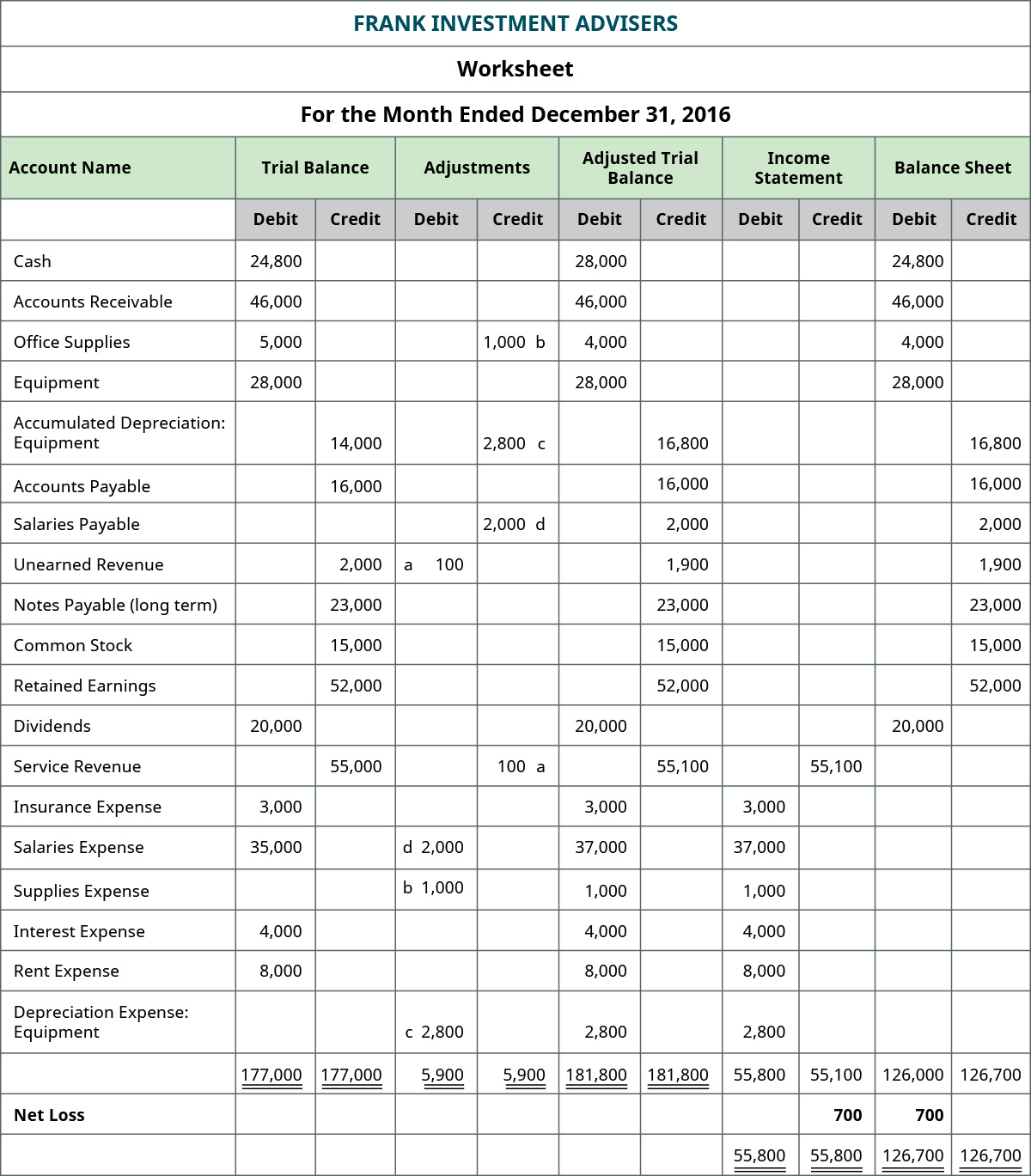Journal Entries: Tutorial
Software like SAP Ariba and Coupa can automate the creation, sending, and tracking of invoices, enhancing efficiency and accuracy. In business, we usually can purchase the merchandise on account from the suppliers that we have a close business relationship with. Likewise, we may need to make the journal entry for the merchandise purchased on account many times during the accounting period if there are many purchase transactions for the year. The outstanding balance remains until cash is paid, in full, to the entity owed.
Purchases Journal: Definition
The amount in the Insurance Expense account should report the amount of insurance expense expiring during the period indicated in the heading of the income statement. To make an adjusting entry for a purchase, you will need to identify the specific account(s) that needs adjustment. This could include accounts payable, inventory or even depreciation expense.
Purchases Journal Format
In accounting, when we purchase the goods on credit, there will be a liability that exists at the time of purchase. In this case, we need to make the journal entry for purchasing goods on credit in order to account for the liability that occurs as a result. Correcting entries are necessary whenever errors occur during financial reporting. These mistakes may include incorrect calculations or misclassification of accounts payable balances among others. Correcting entries ensure that all accounts accurately reflect their true values by making adjustments where necessary.
- Now that these transactions are recorded in their journals, they must be posted to the T-accounts or ledger accounts in the next step of the accounting cycle.
- First, we will debit the expense (to increase an expense, you debit it); and then, credit Cash to record the decrease in cash as a result of the payment.
- A mistake of recognition of inventory purchase may lead to a big misstatement on both the balance sheet and income statement.
- On the other hand, if we use the perpetual inventory system, we need to directly add the purchased amount of the merchandise goods to the merchandise inventory immediately.
Perpetual inventory system
Effective inventory management ensures that a company can meet customer demand without overstocking, which ties up capital and increases storage costs. Sometimes, a wrong account is debited or credited, or an incorrect amount is recorded. When you find such an error, the correcting entry is necessary to ensure that your financial statements reflect accurate information.
It is important to note that drawings are not considered distributions of profits to the partners. Distributions are recorded separately from drawings and reflect the actual profits distributed to the partners. Debit and credit are two sides of the same coin in bookkeeping, and they must always balance. The three main types of accounts are Drawing Account, Capital Account, and Cash Account. Since Purchase of goods is an expense, so, Purchases A/c would be debited, because according to the Rules of Debit and Credit, an expense A/c is debited .
Explanation for Cash Purchase
Drawings are considered to be personal withdrawals made by the owner(s) of a business. In bookkeeping, drawings are recorded as a reduction in the owner’s equity account. This is because the owner is essentially taking money out of the business for personal use.
This can help eliminate the possibility of mistakes being made in the journal. You should update your purchases journal as often as necessary to reflect the most current information. This may be daily, weekly, or monthly, depending on the type of business you run and the products and services you offer. Drawings are recorded as a contra account to owner’s equity, which means it reduces the value of owner’s equity. It is important to note that the terms debit and credit do not refer to an increase or decrease in value, but rather to the side of the account affected.
Once transactions are classified, the next step is to determine the appropriate valuation. This often involves assessing the fair market value of the acquired assets or services. Accurate valuation is crucial for reflecting the true cost of purchases in financial statements. Companies may use various methods such as historical cost, replacement cost, or net realizable value to determine the most accurate valuation. This step is particularly important when dealing with foreign currency transactions, where exchange rates can affect the final recorded amount.
These accounts play an important role in maintaining the balance and accuracy of a business’s financial records. A Cash Account is a type of account that is used to record all cash transactions that take place in a business. It is a permanent account that is used to track the cash that is received and paid out by the business. In bookkeeping, there are several types of accounts that are used to keep track of different financial transactions. These accounts are classified into different categories based on the nature of the transactions they record.
This entry reflects the acquisition of inventory without the immediate outlay of cash, increasing both the company’s assets (inventory) and liabilities (accounts payable). Journal entries are recorded in the „journal”, also known as „books of original entry”. A journal entry is made up of at least purchase on account journal entry one account that is debited and at least one account credited. Likewise, the total liabilities on the balance sheet will increase as a result of purchasing goods on credit. On the other hand, if we purchase the goods in cash, there won’t be any liability occurring as a result of the purchase.




















.jpg)




